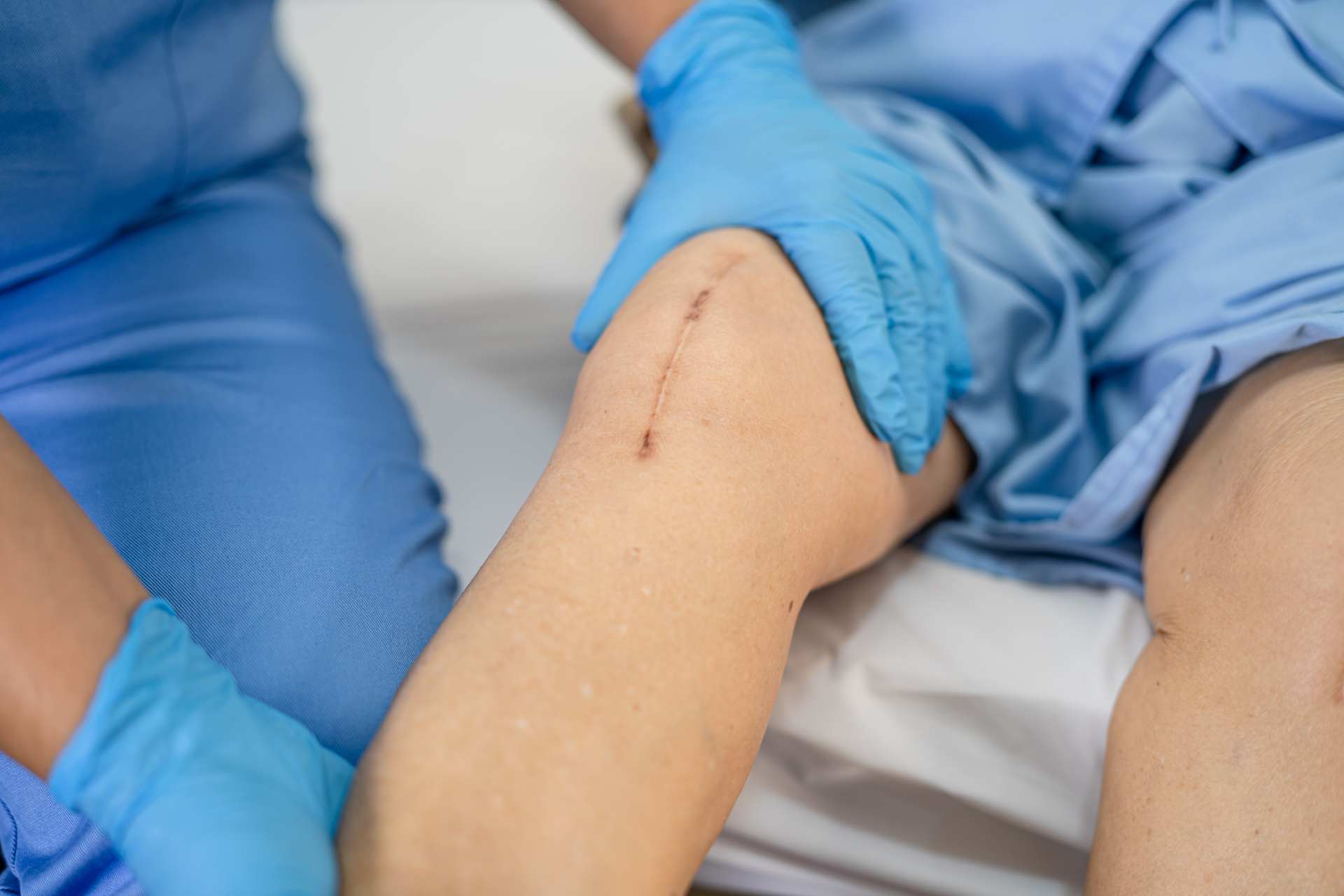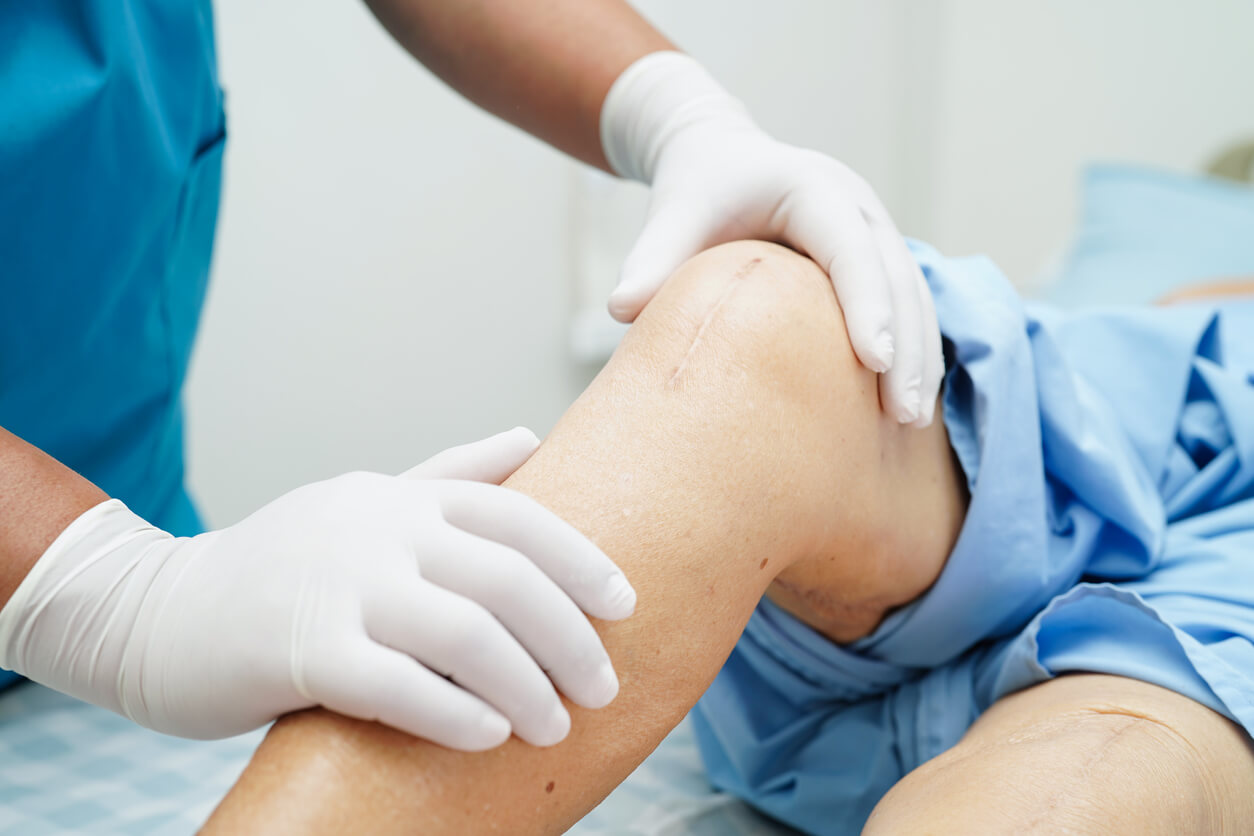A revision knee replacement or revision total knee arthroplasty (RTKA), means a second surgery to replace or modify the components of a previous knee replacement. This procedure is performed when the original knee replacement fails or becomes problematic, requiring the surgeon to remove the old prosthesis and replace it with a new one.
The Procedure
Revision knee replacement surgery involves removing a failing knee implant and replacing it with a new one. It's a more complex procedure than a primary knee replacement, requiring specialized implants and techniques to address potential issues like bone loss or infection. The surgery typically involves removing the old implant, addressing any bone defects and inserting a new, specialized revision knee implant.
Preoperative Planning : Extensive planning is crucial to address the specific reasons for revision and ensure the best outcome. This includes evaluating the cause of failure (e.g., infection, loosening, wear) and assessing bone quality and any bone loss.
Incision : An incision is made over the knee to access the joint and the implant.
Removal of the Old Implant : The surgeon carefully removes the existing knee implant components (femoral, tibial and patellar if applicable).
Bone Reshaping and Reconstruction : If there's significant bone loss, bone grafts (taken from the patient's own body or a bone bank) or other materials may be used to rebuild or strengthen the bone.
Closure : The incision is closed and the knee joint is protected with temporary drains to manage fluid and blood accumulation.

Benefits of Revision knee replacement
Here's a more detailed look at the benefits :
Pain Relief : Revision surgery can alleviate pain caused by a malfunctioning or worn-out implant, allowing patients to engage more fully in daily activities.
Restored Mobility : The procedure can restore proper knee function and improve range of motion, making walking and other movements easier.
Enhanced Joint Stability : A new, properly aligned implant can improve the stability of the knee joint, reducing the risk of dislocation or unnatural movements.
Improved Quality of Life : By alleviating pain and restoring function, revision knee replacement can significantly improve a patient's overall quality of life.
